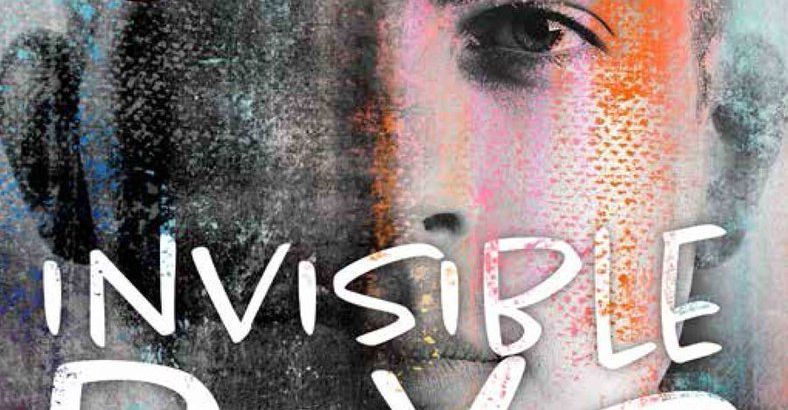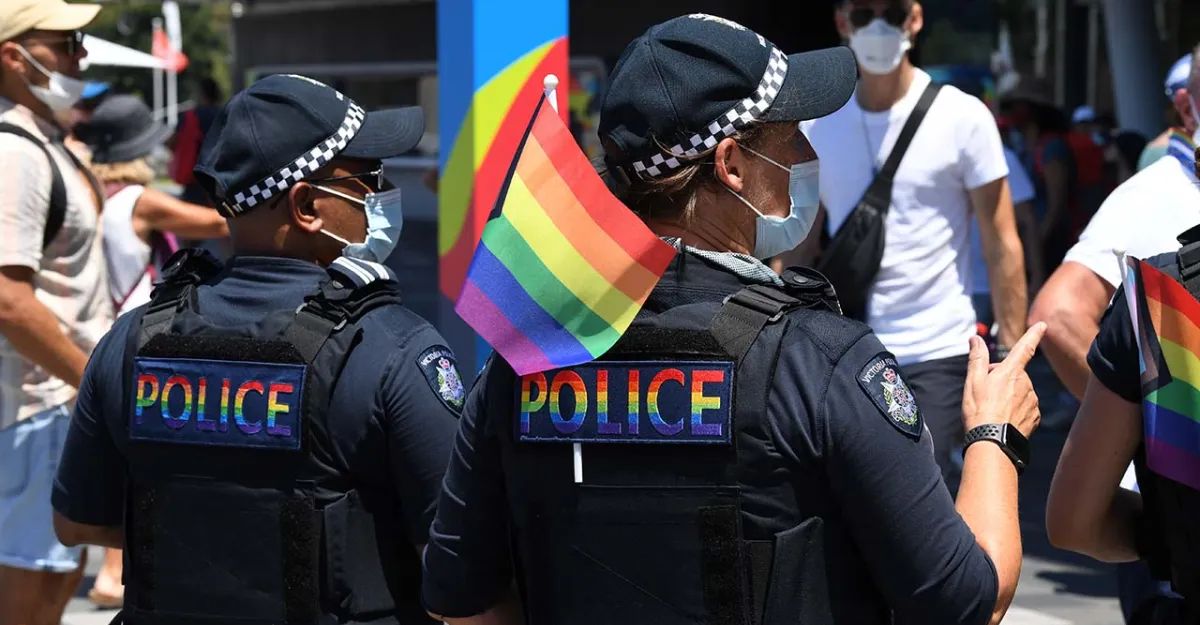Taiwan’s ruling in favour of marriage equality last week – the first such ruling in Asia, which paves the way for same-sex marriage to become legal within two years – gave rise to celebrations among LGBT communities on the mainland.
‘Darling, wait until 2019, we’ll go to Taiwan and get married, okay,’ proclaimed a headline from Beijing LGBT Centre, while other LGBT groups posted congratulations.
But criticism could also be heard, even from progressive quarters. ‘Does same-sex marriage represent freedom and equal rights, or a consolidation of the hegemony of marriage?’ asked feminist group Women Awakening.
For many mainlanders, whether or not they support same-sex marriage, the Taiwan decision proves it is possible. Same-sex marriage is not legal on the mainland, but the cultural commonalities across the strait demonstrate to those on both sides that tradition is not destiny. It’s worth noting that Taiwan’s decision trended on Weibo, with more than 10 million users viewing the topic, and on messaging app WeChat, where mentions of ‘same-sex marriage’ spiked at more than 3 million.
Last year, gay male couple Sun Wenlin and Hu Mingliang lost a high-profile legal challenge against China’s marriage laws. Though the last two decades have seen several important legal milestones for LGBT rights in mainland China, most advocates estimate marriage equality is still many years away.
‘Taiwan has taken the lead in legalising same-sex marriage, how far away are we?’ asked HGP, an LGBT pride group at Huazhong University of Science and Technology. It’s the same university that attracted domestic and international criticism last month after some students held a homophobic protest, declaring the campus had no room for homosexuality.
While in Taiwan the backlash against LGBT rights is primarily being driven by church groups – though Washington Post reports only 5 per cent of the population identify as Christian – on the mainland, homophobia is largely secular, and often nationalistic.
The Huazhong protest in April was a case in point: the students’ banners declared, ‘Protect Chinese traditional mores. Defend core socialist values. Resist corrosion from decadent Western thoughts.’ On 20 May, a group of women who tried to raise awareness of LGBT rights by advertising their eligible gay and lesbian children at a matchmaking ‘marriage market’ in Shanghai were forced out by security. One bystander told them that homosexuality was ‘against Chinese values’.
In response, LGBT activists have sought to highlight how diverse sexual orientations and gender identities have long been part of Chinese culture, and how equal rights and protection from discrimination should be a core part of a nation that considers itself modern, egalitarian, and inclusive.
Yet the exclusion of same-sex couples is far from the only issue facing marriage on the mainland. For personal and economic reasons, people are marrying later and less often, and at the same time as divorce rates are rising. Intense pressure to marry comes not only from family members, but even government officials, who hope to see birth rates rise to meet the challenges of the country’s steadily aging population. Women who remain unmarried into their late 20s are labelled ’leftover’, while those who have children outside marriage also encounter discrimination.
Such cases suggest the right to marry can be a liability as well as a liberty, and some critics say same-sex marriage could threaten allied resistance to what they see as the hegemony of marriage.
‘The reason [marriage] offers homosexuals an olive branch is because feminism, homosexuality, and liberalism together can build an anti-marriage force that commands attention,’ argues Weibo user Feminist Trumpet. ‘But if each branch is broken off, marriage will destroy the bridge after crossing the river, and reveal its true homophobic face. By then, resistance will be futile.’
Nonetheless, the mood within mainland LGBT groups is decidedly optimistic, especially given the Taiwan ruling comes as several cities begin their jam-packed summer season of events. Next month, Shanghai will hold its ninth LGBTQ Pride festival, and this year’s theme is apt: ‘The Time Is Now.’
Image: ‘Outside The Hall for Worshiping Ancestors (Beijing)’ / Kalexander2010



